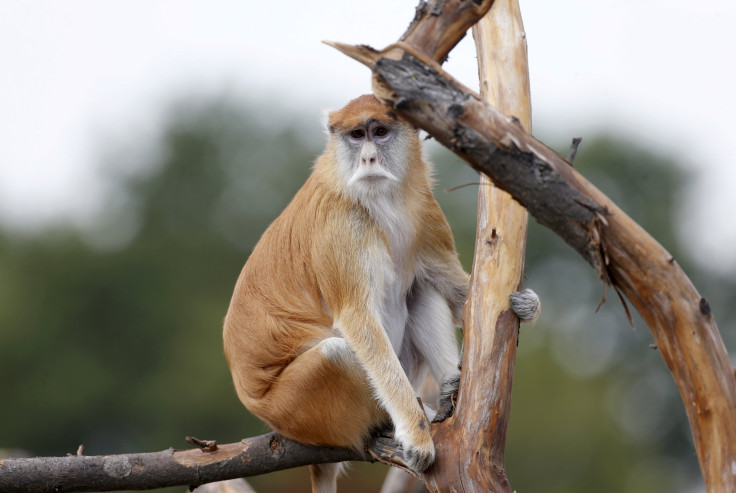China Military To Launch Monkey Air Force Program To Break Up Bird Nests

It's been 67 years since Albert, the first monkey astronaut, was shot up into space and became a trailblazer for generations of fellow primates to come. And now, a whole army of simians is joining the Chinese air force to continue that legacy of monkeys in flight.
But don't worry, the monkey recruits won't be at the controls in the cockpit. Instead, they will be tasked with climbing up trees and breaking up bird nests in order to address a serious issue: Way too many birds are flying around as planes take off and land.
"The use of monkeys is an innovative idea, which has been effective. They do their job better than people," Col. Han Bin said, according to Sputnik News, a Russian government outlet. China has already reportedly taken out 180 bird nests at an air base near Beijing.
The high population of birds in the trees around Chinese air bases poses a serious risk for the pilots and crews aboard the planes. Since so many birds are in the skies, they often get sucked into aircraft turbines and engines. When that happens, major disasters can result: The engines fail and pilots are then required to perform emergency landings or crash.
Bird-related plane crashes and problems certainly aren't unique to China. In the United States, birds have been blamed for hundreds of damaged aircraft. In the first 10 years of this century, more than 500 planes reported collisions with birds, according to the U.S. Federal Aviation Administration. At least 166 of those planes had to make emergency landings. Birds cause an estimated $600 million in U.S. aviation damage each year.
The worst recorded bird-related U.S. aircraft crash was in 1960, when a flight leaving Boston encountered a large flock of starlings. The plane veered several times and crashed into Winthrop Bay. Sixty-two of the 72 passengers on board the flight were killed.
Follow me on Twitter: @ClarkMindock
© Copyright IBTimes 2024. All rights reserved.






















